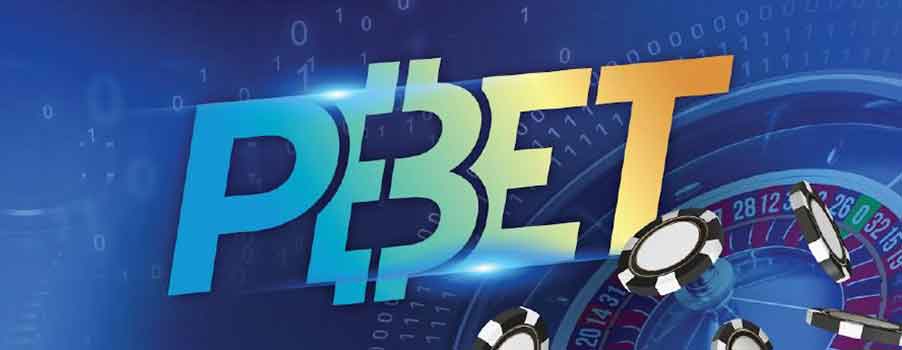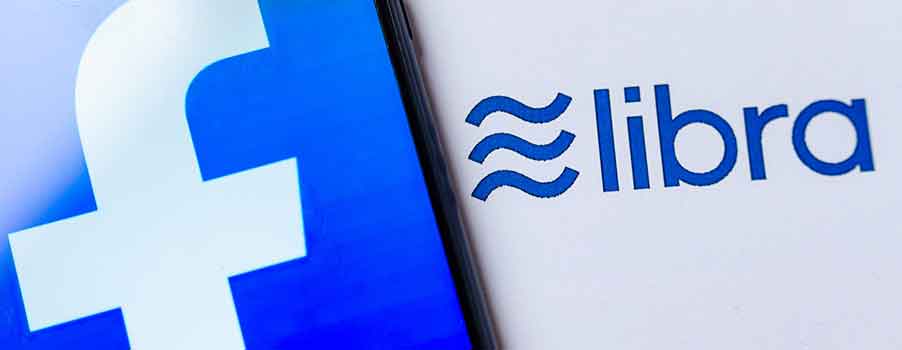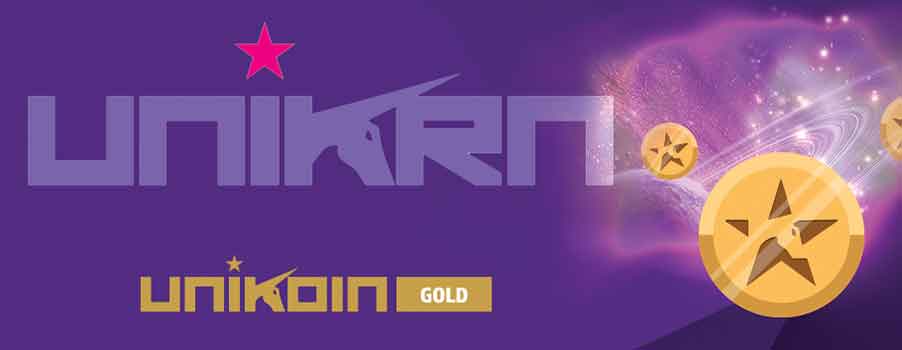Pbet, a brand new crypto-powered gambling platform has recently launched an initiative that is set to help land-based or physical casinos to move online. The initiative not only promises to see the casino operators incur much lower costs but also intends to afford them with the assurance of more savings. In addition to that, the platform is also meant to ensure better credibility for casino players thanks to its blockchain crypto-based Unified Gaming Platform.
Pbet is already considered to be a next-gen gaming platform and its crypto token that is referred to as “PBET” is also beginning to take off. In fact, the platform has already had its Initial Exchange Offering (IOE) in a number of popular cryptocurrency exchanges including the renowned P2PB2B. Furthermore, Pbet has gone ahead to further its participation through IEO sessions in a good number of other leading exchanges like ExMarkets. Now, after the Initial Exchange Offering (IEO), the platform’s token will now be officially listed on host exchanges where its holders will be able to trade it.
Revolutionary Casino Management System
Pbet has been around for over two years now and in that time, it has been able to penetrate the gaming market thanks to “Genuina”, its casino management system. Genuina is the brainchild of some hospitality and gaming industry veteran. Now, as mentioned earlier, Pbet has plans to create a smooth convergence of physical casinos and online casinos while at the same time integrating crypto-based payments.
The platform’s blockchain technology is set to help in ensuring that there is a trust factor for players through the delivery of transparency information among other things. This mission is based on the company’s vision to combine all the three pillars of physical casinos, that is, the players, the physical casinos themselves as well as Pbet.
One of the most notable but rather overlooked features is the fact that, with the adoption of blockchain technology, Pbet will now be able to offer the players crypto payment solutions that are not only more affordable but also assure the customers of much faster withdrawal speeds.
“We will enable physical casinos to beat the high cost of penetrating into online space with our blockchain crypto-based turn-key, zero fix fees, revenue sharing system. Pbet also assures almost ‘0’ transaction fees and super-fast withdrawals for players,” stated a Pbet spokesperson.
The convergence between crypto or blockchain and the gambling industry has been a long time coming but it is certainly refreshing to see companies such as Pbet take the leap forward by actualizing it. As such, it will not be long before even more companies begin to adopt the new model










